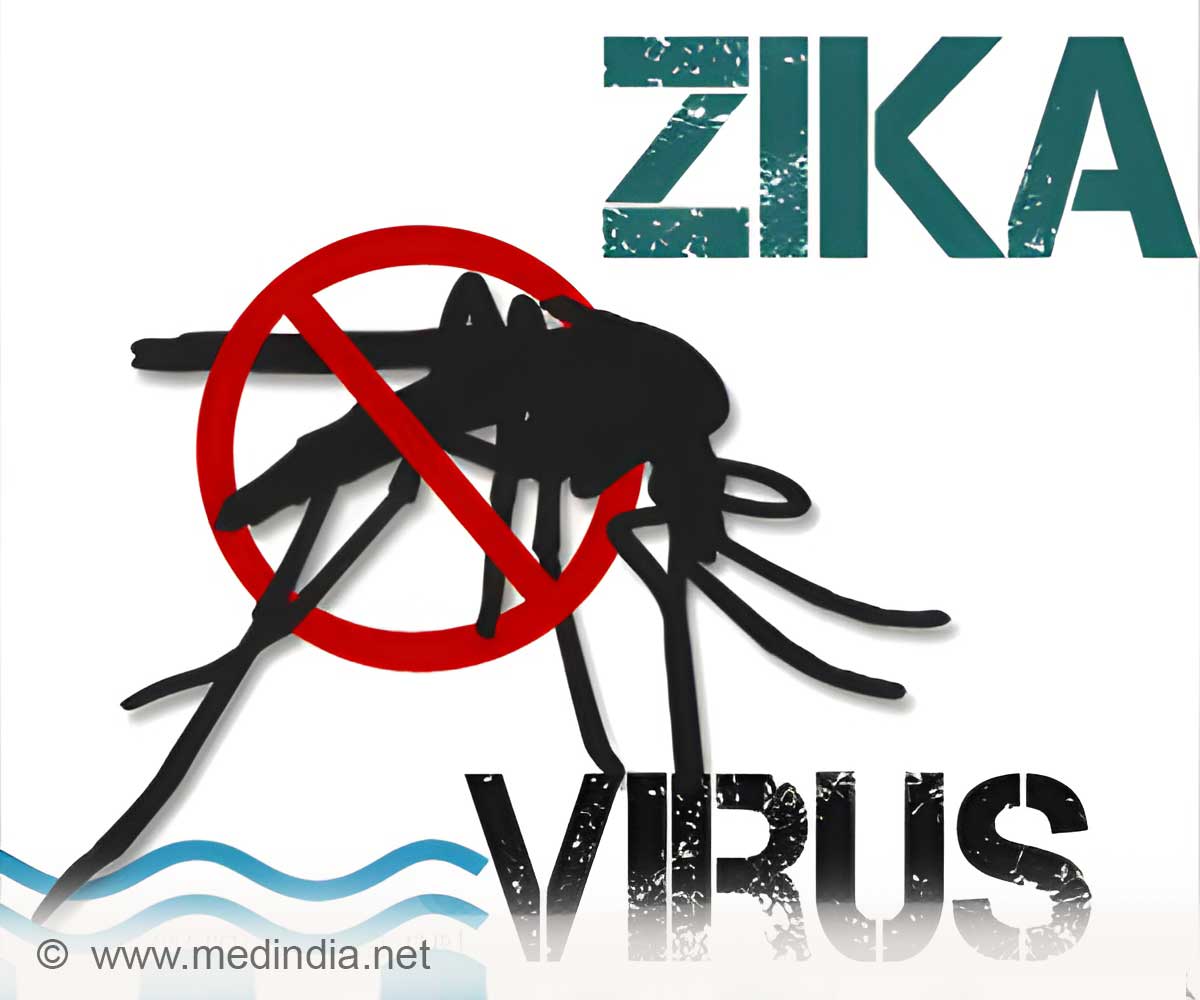Zika virus a mosquito borne vector was first reported from the Pacific in 2007. Here's all you need to know about Zika virus.

‘Zika virus a mosquito borne disease is caused by a virus transmitted by Aedes mosquitoes. People affected with Zika virus should get plenty of rest, drink enough fluids, treat pain and fever with common medicines.’





2. People with Zika virus disease usually have a mild fever, skin rash (exanthema) and conjunctivitis. These symptoms normally last for 2-7 days. 3. There is no specific treatment or vaccine currently available.
4. The best form of prevention is protection against mosquito bites.
5. The virus is known to have circulated in Africa, the Americas, Asia and the Pacific.
Today, more than 22 countries in the Americas have reported the sporadic Zika virus infections, indicating its rapid geographic expansion. Signs and symptoms
Advertisement
Health agencies investigating the Zika outbreaks are finding an increasing body of evidence about the link between Zika virus and microcephaly.
Advertisement
Zika virus is transmitted to people through the bite of an infected mosquito from the Aedes genus, mainly Aedes aegypti in tropical regions. This is the same mosquito that transmits dengue, chikungunya and yellow fever.
Diagnosis
Zika virus is diagnosed through PCR (polymerase chain reaction) and virus isolation from blood samples.
Prevention
Mosquitoes and their breeding sites pose a significant risk factor for Zika virus infection.
Using insect repellent; wearing clothes (preferably light-coloured) that cover as much of the body as possible; using physical barriers such as screens, and sleeping under mosquito nets are some of the prevention methods.
It is also necessary to empty, clean or cover containers that can hold water such as buckets, flowerpots or tyres, to stop mosquito breeding.
Insecticides recommended by the WHO Pesticide Evaluation Scheme may also be used as larvicides to treat relatively large water containers.
Treatment
Zika virus disease is usually relatively mild and requires no specific treatment. People affected with Zika virus should get plenty of rest, drink enough fluids, and treat pain and fever with common medicines.
If symptoms worsen, medical care and advice should be sought immediately. However, currently no vaccines are found for the prevention or treatment of Zika virus.
(Source: WHO) Source-IANS









